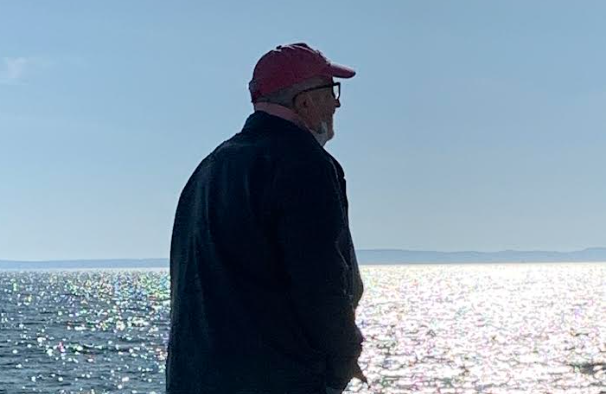Our Last 2025 Success Story!
Every client that I signed up through November of this year for career coaching has landed a new position! One of my favorite aspects of being a career coach for lawyers is advising them on how to exit their law firms.
The question of how to resign from a law firm is one that some lawyers only face a few times in their careers, but is an issue I’ve dealt with … hmm, let’s see…. ah yes, several thousand times!
We have seen many different types of exit agreements, including one or two where the lawyer agreed to return to his old firm several months down the road to handle a federal case already on the docket, and on which he had several years of preparation. In other cases, lawyers seeking to resign from their firms have sometimes been told to leave immediately.
For rules of thumb, for very junior lawyers two weeks can be adequate. I don’t deal with very junior attorneys on job search, so I have no particular insight to share. For more experienced attorneys, two to four weeks is common. As a career coach, I personally don’t like the “two week” option because it creates difficulties for the firm and for the clients. My general preference is to give three weeks notice. For partners, I tend to recommend one month, but sometimes up to three months, depending on how complex the cases and how many there are to transfer.
While there is no single perfect answer, in many situations I think 3-4 weeks notice is fine. I also suggest the following:
1) Make sure you have a solid, written offer from your new employer before giving notice!
2) Check your employment contract, as the notice provision may be covered therein
3) Before telling the firm, download any personal files from your office PC to a thumb drive. Don’t take any files that belong to the firm! If you have a transaction summary or information on business you brought in, improvements you made in the firm, and so on – things that could go into your resume — download those.
4) After you have given notice (but you can do it before, too), prepare a detailed transfer memo on all of your active cases, so the attorney(s) taking over those cases are prepared properly to do so. Be as detailed as necessary; consider what you would want to know if you were the lawyer taking over a case.
5) Prepare a statement about your pending billable hours, commissions due, and remaining vacation time and PTO.
6) Resign in person with your boss, then give them your formal letter of resignation. Don’t let others in the firm know until you have told your direct superior. Once that is done, you should talk to each person in the firm with whom you have worked.
7) Be positive in your conversations with your boss and your colleagues. Don’t be negative about the firm or your exit package. You want to leave on good terms – you never know when you will need a reference from a former boss or colleague.
In dealing with the new firm, they typically want someone to start right away. My counsel is to explain that you want to be fair to your old firm and you want to make sure your clients will not be adversely affected by your departure – this means giving the old firm adequate time to prepare your transfer memos and to give it time to start seeking a replacement. The new firm should understand and accept this thinking – it shows that you would never leave them in the lurch, either!
Quite often, my client will want to take a break between leaving the old job and starting the new one. Getting a little R&R can be very helpful and is advisable!
This is not to say that you can’t start familiarizing yourself with the new firm’s cases, start studying files at night and doing some work for them on weekends so you can hit the ground running.
The bottom line is to get your ducks in a row before you give notice, and be prepared for anything when it comes to their reaction. In my experience, there’s often nothing to worry about and the transition out seems to run smoothly most of the time.
This is our last newsletter for 2025. We wish all of our readers and friends a very merry holiday season and a happy, healthy, and fulfilling New Year. — Bruce
Bruce Blackwell has been named the Dean of Career Counselors for Lawyers by the New York State Bar Association. His specialties are Job Search Coaching and Alternative Careers for Lawyers and Executives.
If you are an attorney or senior executive and you have been thinking about “what else is out there?” get in touch with him for a virtual cup of coffee. In a confidential, no-cost call, you can discuss your situation and get expert career advice. To schedule a call, click here: https://live.vcita.com/site/bruce.blackwell
If you enjoy our Beyond the Bar newsletter, please click “like” and provide a “comment.” If you have any questions about your career, click here.











